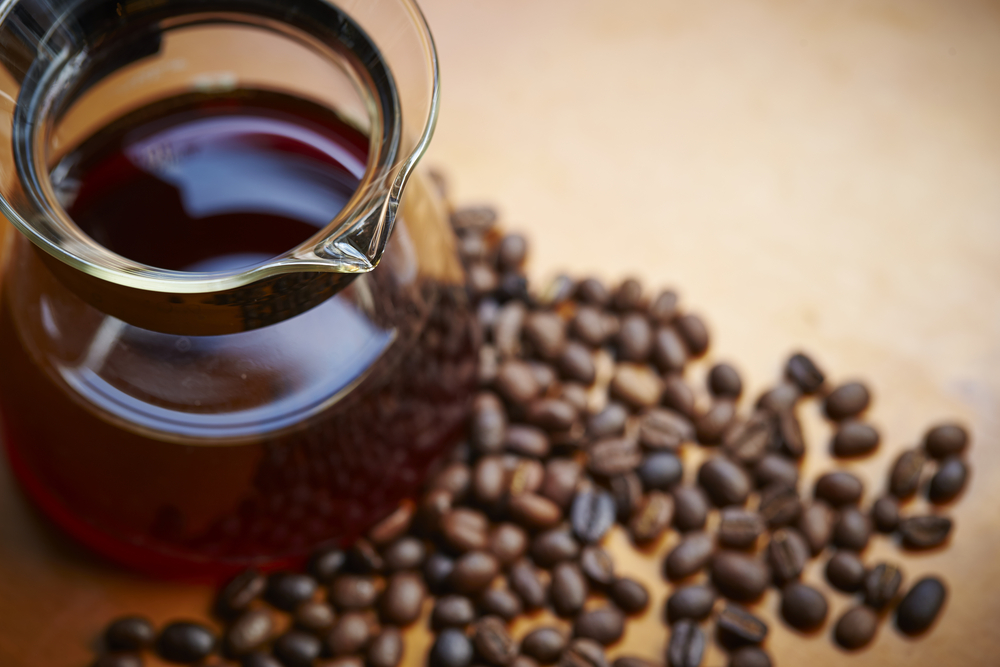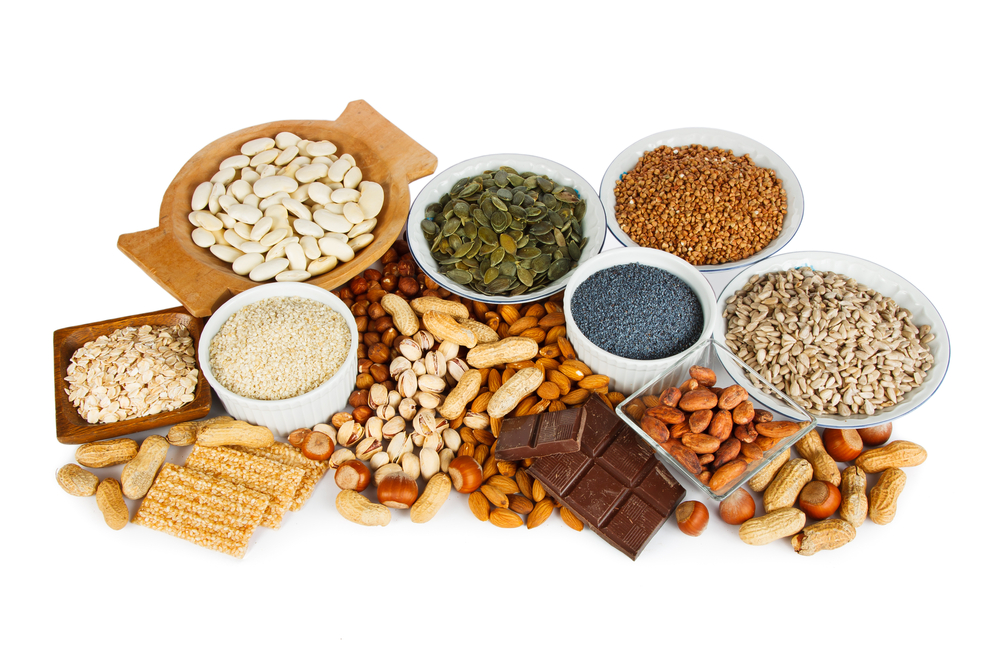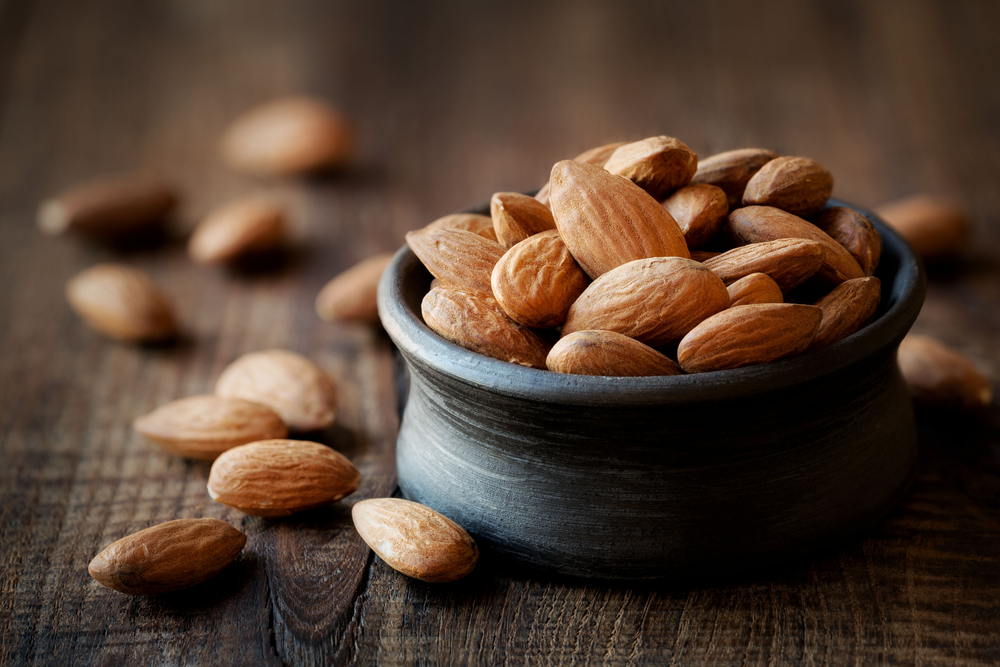“I know there is much written about anxiety in the press and on social media as clearly, it’s a growing problem for people, so I’ve been trying to help myself with my own anxiety issues. However, it’s not working!
I’m a 40-year-old woman, with a reasonably healthy diet and a fairly busy life, although not excessively stressful. In the last six months, I have become overly anxious when leaving the house, waking up in the night with a nervous stomach and generally worrying about everything. Is there anything I can do nutritionally that would help? Thank you!”
Clinical Nutritionist, Suzie Sawyer, answers:
There is certainly a lot of information around anxiety in the public domain, but ironically that can sometimes create more anxiety for people. Indeed, there will be a lot more written and spoken about anxiety this month as World Mental Health Day falls on the 10th of October.
However, from a nutritional perspective, I always look at people individually; what works for one doesn’t necessarily work for another. An example of this is the impact of caffeine.
Cut out caffeine

It’s good to understand that whilst things like caffeine may not have made anxiety worse in the past, our bodies can also lose tolerance for things. Therefore, I would certainly advise to eradicate all caffeine from your diet for a couple of weeks. Even coffee and tea labelled ‘decaf’ may still have a small amount of caffeine so go for herbal and fruit teas; dandelion coffee which you can buy in granulated form, is a great coffee alternative. Make a note of how you feel over these couple of weeks and see if this is making a difference.
The importance of Omega 3s

The brain contains around 60% fat, much of which is made up of the essential fats that are needed for good brain function. However, they are also needed for good mental wellbeing. Oily fish is the best source of the essential omega-3 fats, or flaxseeds. Including oily fish in your evening meal may help you to sleep better or sprinkle some flaxseeds over natural yoghurt.
The importance of magnesium for mood and sleep

The mineral magnesium is essential for balanced mood. It’s often referred to as ‘nature’s natural tranquiliser’ because it’s essential for the nervous system. Make sure you’re eating plenty of leafy greens, including spinach and Swiss chard, legumes, nuts, seeds, and whole grains. If you’re struggling to sleep, taking a supplement containing magnesium glycinate before bedtime can certainly help.
Mood foods

Foods containing the amino acid tryptophan are also important, as tryptophan helps produce serotonin, our mood hormone. Oats, turkey, eggs, almonds, and soy-based foods contain good levels of tryptophan so try to include some in your evening meals. You might find eating a few almonds just before bedtime to be helpful.
Eat a ‘clean’ diet

Your diet ideally needs to be as ‘clean’ as possible. Foods high in sugar can definitely cause ‘the jitters’ and whilst alcohol might seem to help relaxation, it actually causes more anxiety. This can be especially impactful the day after drinking, especially if you are someone who already struggles with anxiety.
The impact of hormones
Although you’re only 40 years old, we as women can experience hormonal fluctuations up to 10 years pre menopause, which can be difficult. Following the nutrition tips I’ve outlined can also support hormonal disruptions. Often if we are experiencing hormonal fluctuations, symptoms like anxiety, which we may have never experienced before, can start to take hold.
Try ashwagandha

I would also recommend trying the adaptogenic herb ashwagandha, which is widely available in supplement form, and has long been used to help combat anxiety. I would take it first thing in the morning. Ashwagandha can also help with sleep.
Try these tips initially and see how things go. Sometimes it can take a couple of weeks to notice improvements, but hopefully these unpleasant feelings will soon subside.





















Add comment